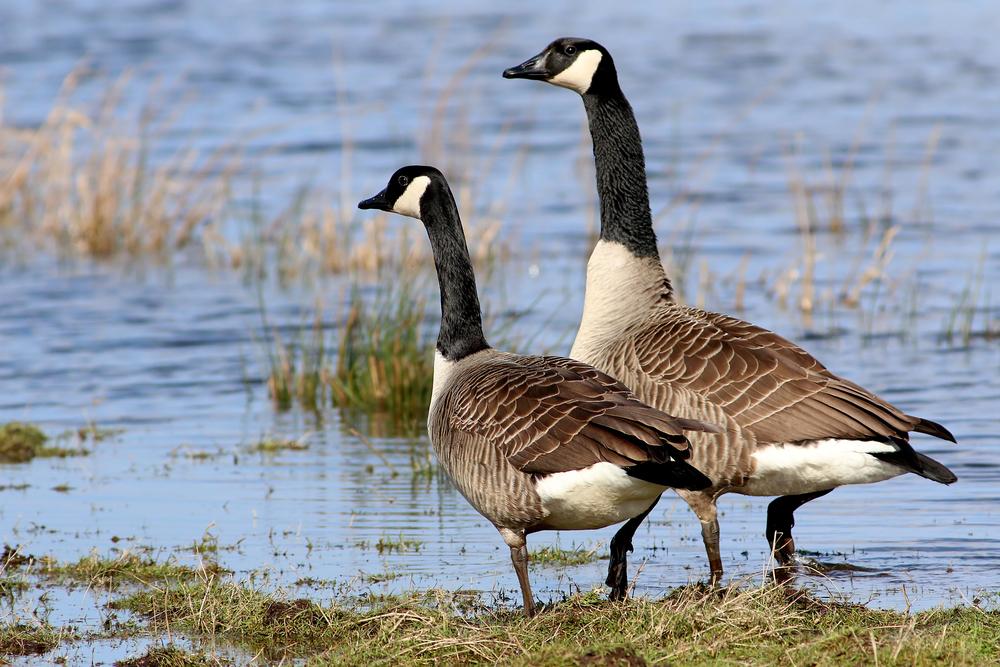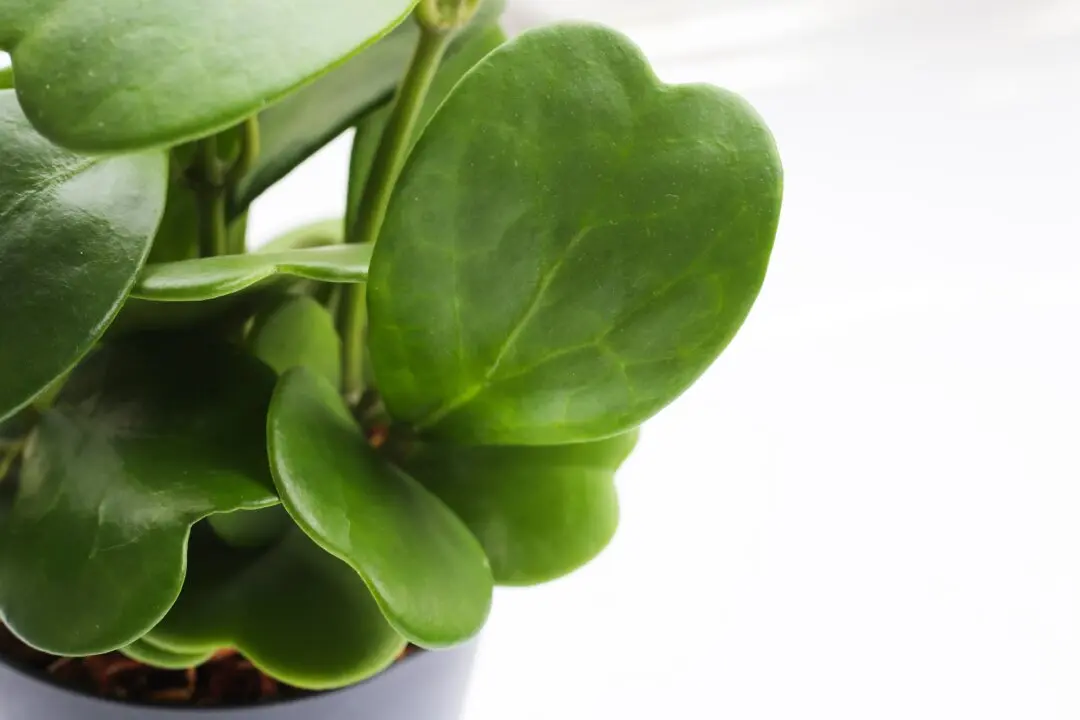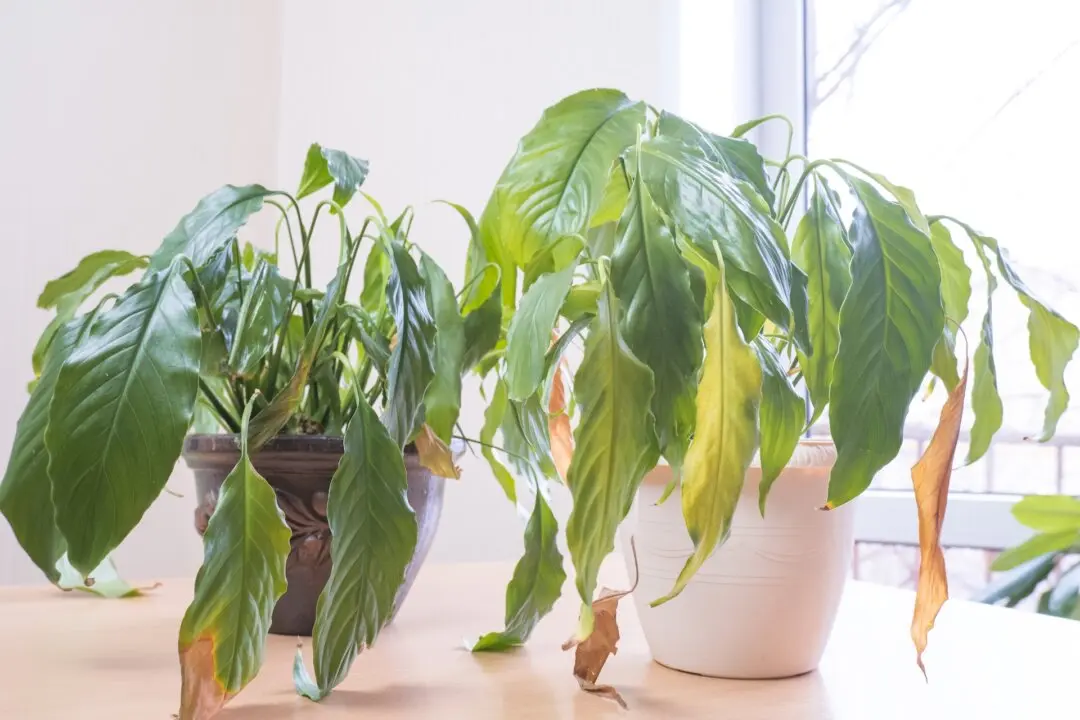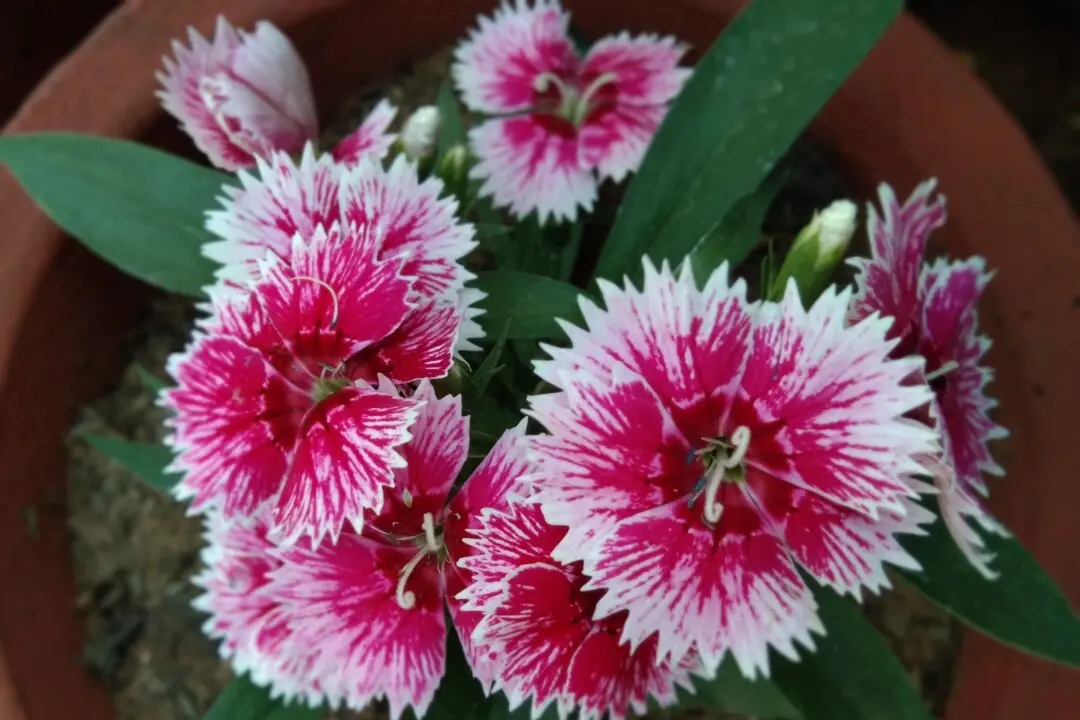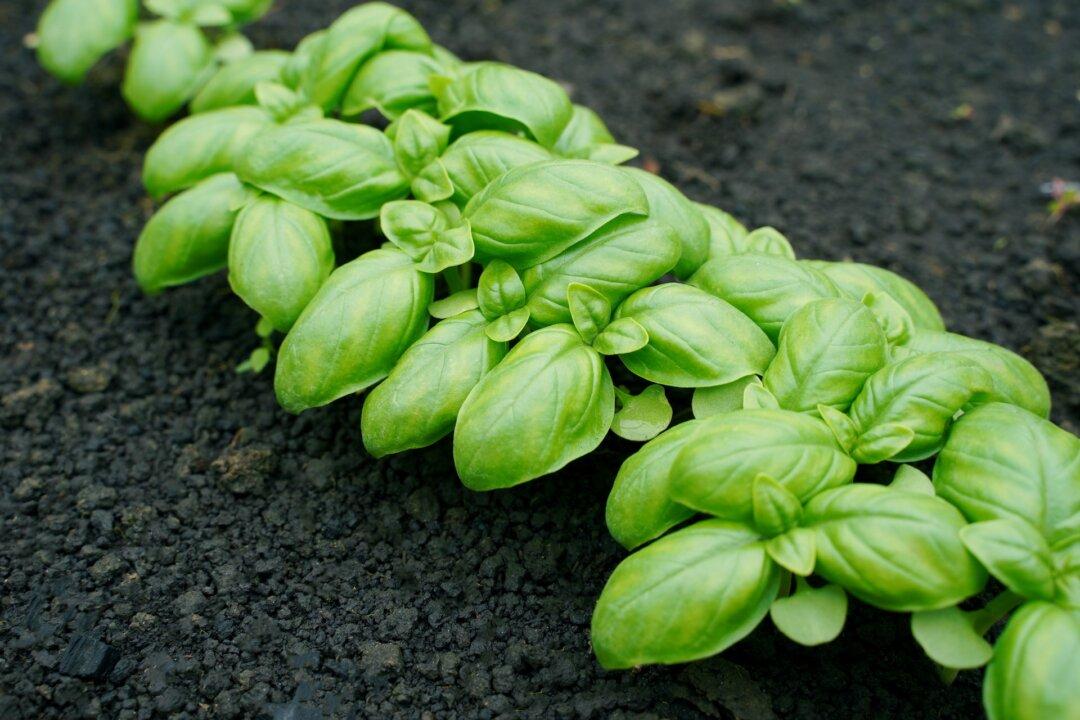Question: We live in a lovely subdivision in which the homes back up to a pond. It’s really pretty, until the geese arrive. They spend a lot of time in my yard (and all of my neighbors’ yards) and leave lots of presents. I mulch my grass—clippings, droppings, and all. Is that good or bad for my lawn? Can I use their droppings as fertilizer in my vegetable garden? How do I keep their mess off my property?
Answer: I understand your frustration with the geese. I would compost the combined grass clippings and droppings before using them in the garden.

